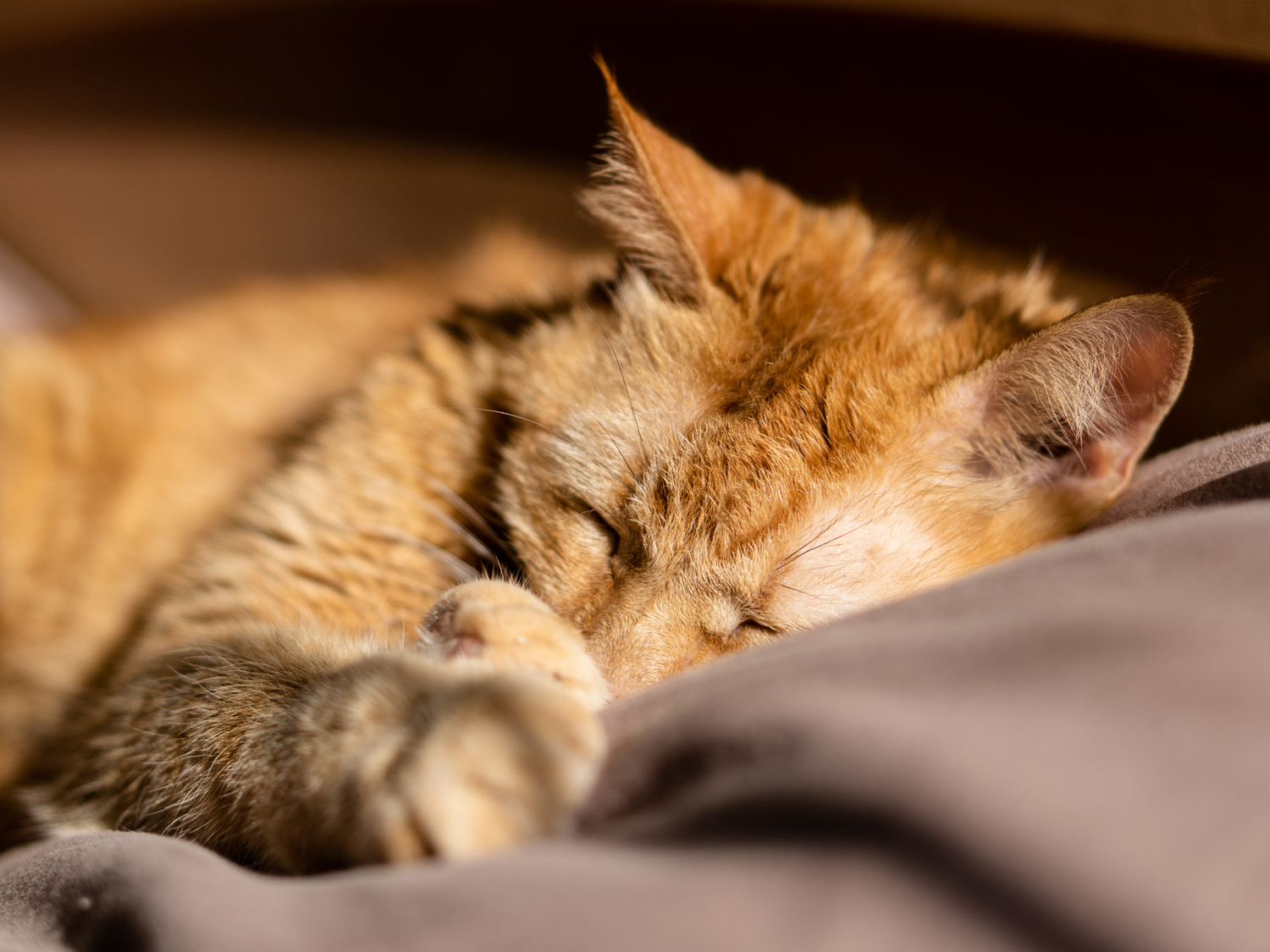A guide to kidney failure in cats
Your cat’s kidneys work extremely hard to keep them healthy and if they become damaged and are unable to do their numerous jobs, your cat could become extremely ill.
Kidney disease can be acute, coming on abruptly due to sudden kidney damage, or chronic, developing gradually over a long period of time. There is no cure for chronic kidney failure in cats, but in some cases, the right treatment and care can help to maintain and prolong their quality of life.
In this guide you’ll find out:
- What is kidney disease in cats?
- Types of cat kidney disease
- Symptoms of kidney failure in cats
- How to care for a cat with kidney failure
- Lots more
If your cat needs urgent treatment find an emergency vet here.

What is kidney disease in cats?
Simply put, kidney disease is when your cat’s kidneys are unable to function the way they should. There are two types of kidney disease in cats – chronic and acute.
Chronic kidney disease
Chronic kidney disease usually comes on gradually and progressively and is typically diagnosed in older cats. This gradual loss of kidney function can be due to many different factors and the cause is often never identified. There is no cure for it but a good quality of life can sometimes be maintained with fast and appropriate treatment.
Acute kidney disease
Acute kidney failure in cats is sudden kidney damage which usually develops quickly within a matter of days. It is usually caused by a single factor and typical causes include poisoning (such as ingestion of antifreeze, lilies and some human medications, like paracetamol) and trauma (like road accidents).
What are the signs of chronic kidney failure in cats?
Some of the signs of feline kidney disease to look out for include:
- Vomiting
- Loss of appetite
- Drinking a lot of water
- Urinating more
- Lethargy/tiredness/lack of energy
- Losing weight
- Smelly breath
- Looking scruffier or less groomed then usual
- Pale gums
In many cases, damage may have been occurring for some time before symptoms start to show.
However, these symptoms could also be caused by lots of other illnesses and the best person to get to the bottom of the cause is your vet. If you’re worried at all, contact your vet or at nights and weekends, when your vet is closed, find your nearest emergency vet.

How is cat kidney disease diagnosed?
If your cat is showing signs of kidney disease your vet may recommend a blood test and urine analysis in order to test their kidney function and make a diagnosis. Among other things, these tests can pick up on an increase in toxic substances in the bloodstream (which healthy kidneys would normally deal with).
Other tests your vet could recommend include ultrasound, x-rays, and a biopsy but they will be able to advise on the most appropriate course of action once they’ve examined your cat.
What can I do if my cat has kidney failure?
If you’re worried that your cat has kidney failure you should contact your vet for advice. The quicker the diagnosis and treatment is started the better the chances of prolonging and improving their quality of life. If your cat is showing signs which could indicate kidney failure there’s always a chance they are actually symptoms of another condition which could require urgent treatment.

Treatment for kidney failure in cats
There is no cure for chronic kidney disease. Instead, the focus will typically centre on treating the symptoms in order to help improve your cat’s well-being, for example by slowing down the speed of progression and reducing toxins in the bloodstream. Treatment can vary from surgery and fluids to dietary changes and medication.
Your vet will decide on the best course of treatment depending on your cat’s individual situation.
Can cats survive kidney failure?
There is no cure for chronic kidney failure but in some cases, with quick and appropriate treatment, cats can live for months or even years to come. Sadly, in other cases, cats with the disease can deteriorate very quickly.
How to help a cat with kidney problems?
Your vet will advise you on how to care for your cat in the long term. They will offer advice based on your cat’s individual circumstances, but here are some general guidelines for caring for a cat with kidney failure at home:
- Provide 24/7 access to water
- Encourage drinking to avoid dehydration
- Discuss dietary needs with your vet and follow their advice
- Provide any prescribed medications
- Attend all vet appointments
- Look out for any changes and contact your vet if you’re concerned

